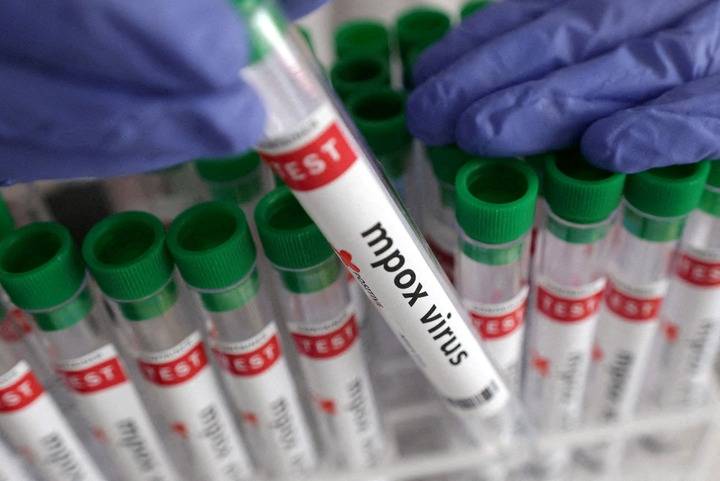Ghana has confirmed its first case of MPox (formerly monkeypox) in the Western North Region, raising concerns among health authorities. In addition, 230 suspected cases are being monitored across 88 districts nationwide. This surge in potential cases has prompted public health officials to intensify their containment efforts.
The confirmed case involves a 15-year-old boy who visited a district government hospital on September 25, 2024, after exhibiting symptoms for three days, including fever, body aches, a sore throat, and a rash. Initially, the rash was found on his palms and face but later spread to his trunk and limbs.
Upon his hospital arrival, tests were conducted to identify the cause of his symptoms. On October 1, 2024, the National Public Health and Reference Laboratory (NPHRL) confirmed he had MPox. Notably, the patient had not traveled recently and had no known contact with anyone infected. He has since received treatment and is now stable, recovering at home.
In response, the Western North Regional Health Directorate, alongside the Bia West District Health Team, has implemented public health emergency measures. They are actively identifying and monitoring individuals who may have had close contact with the patient, with 15 facility contacts and 10 community contacts already identified for follow-up.
MPox is a viral illness that can cause symptoms like fever, rash, and swollen lymph nodes, spreading through direct contact with infected individuals, animals, or contaminated materials. The World Health Organization (WHO) stresses the need for awareness and quick action to prevent outbreaks, particularly in affected regions.
Officials are urging residents to stay alert and seek medical help if they experience symptoms such as fever, body aches, or rashes. They also recommend practicing good hygiene, including frequent handwashing and avoiding close contact with sick individuals.
Community members are encouraged to spread awareness about MPox symptoms and the importance of reporting suspected cases to healthcare providers.



No comments yet
Be the first to share your thoughts!